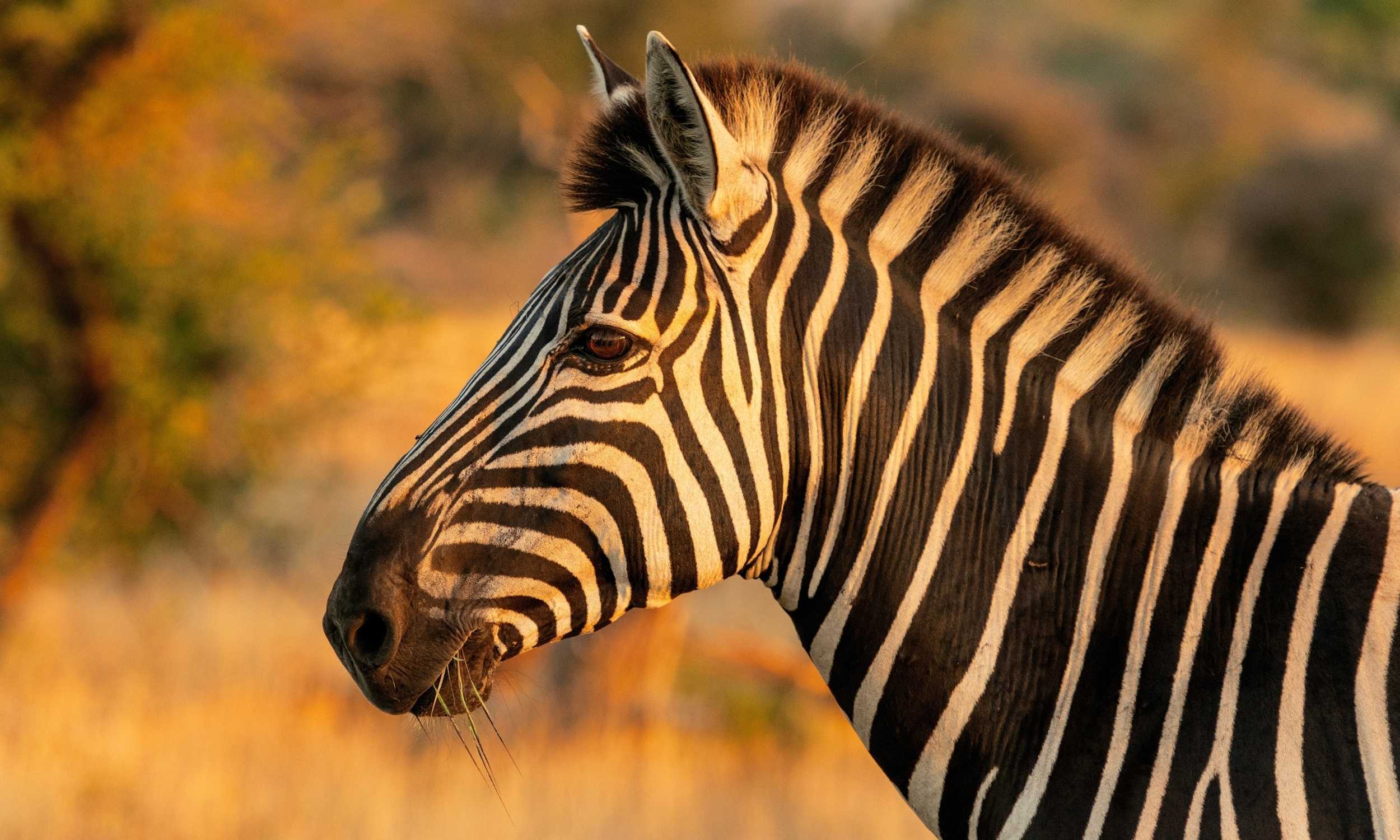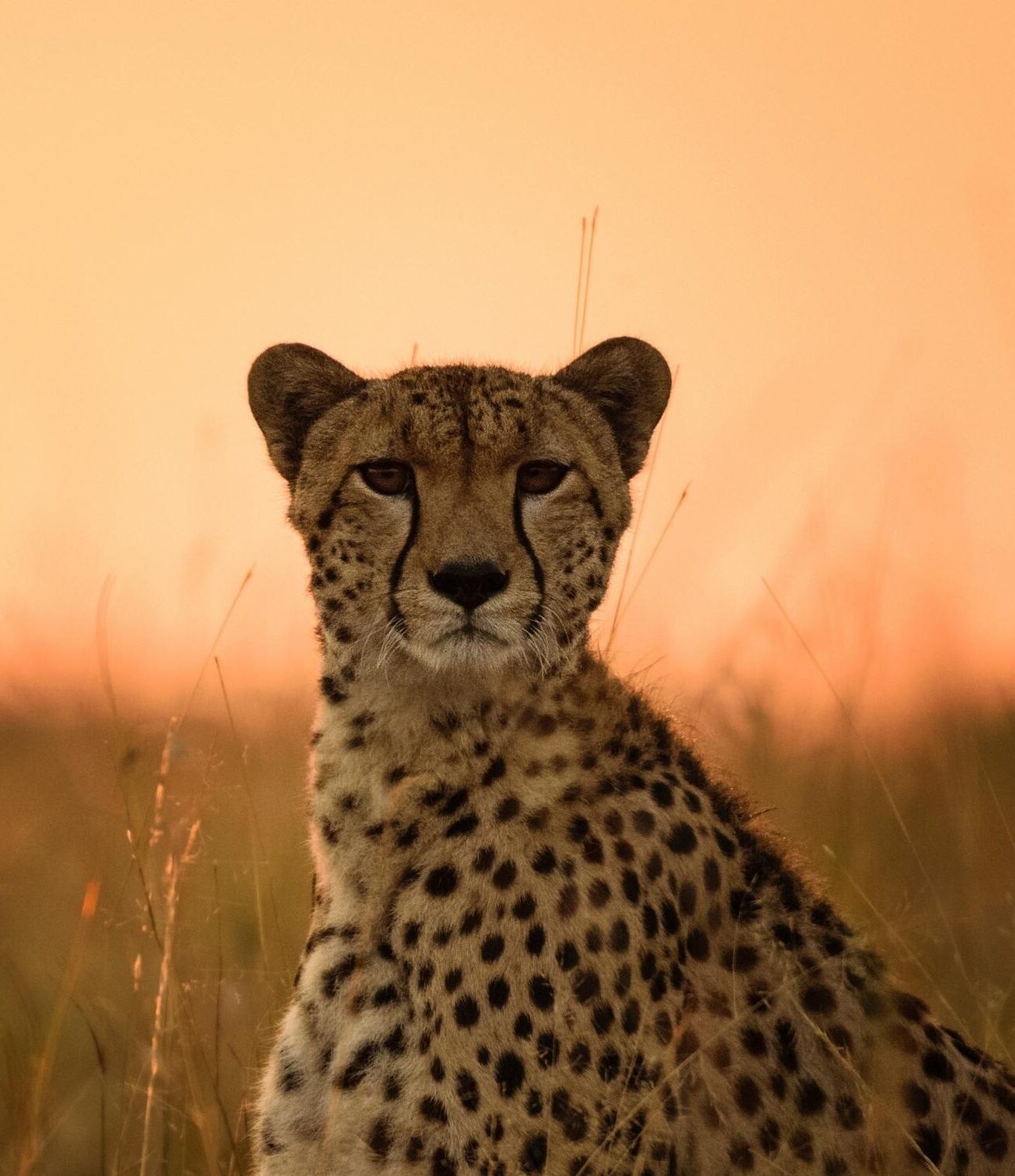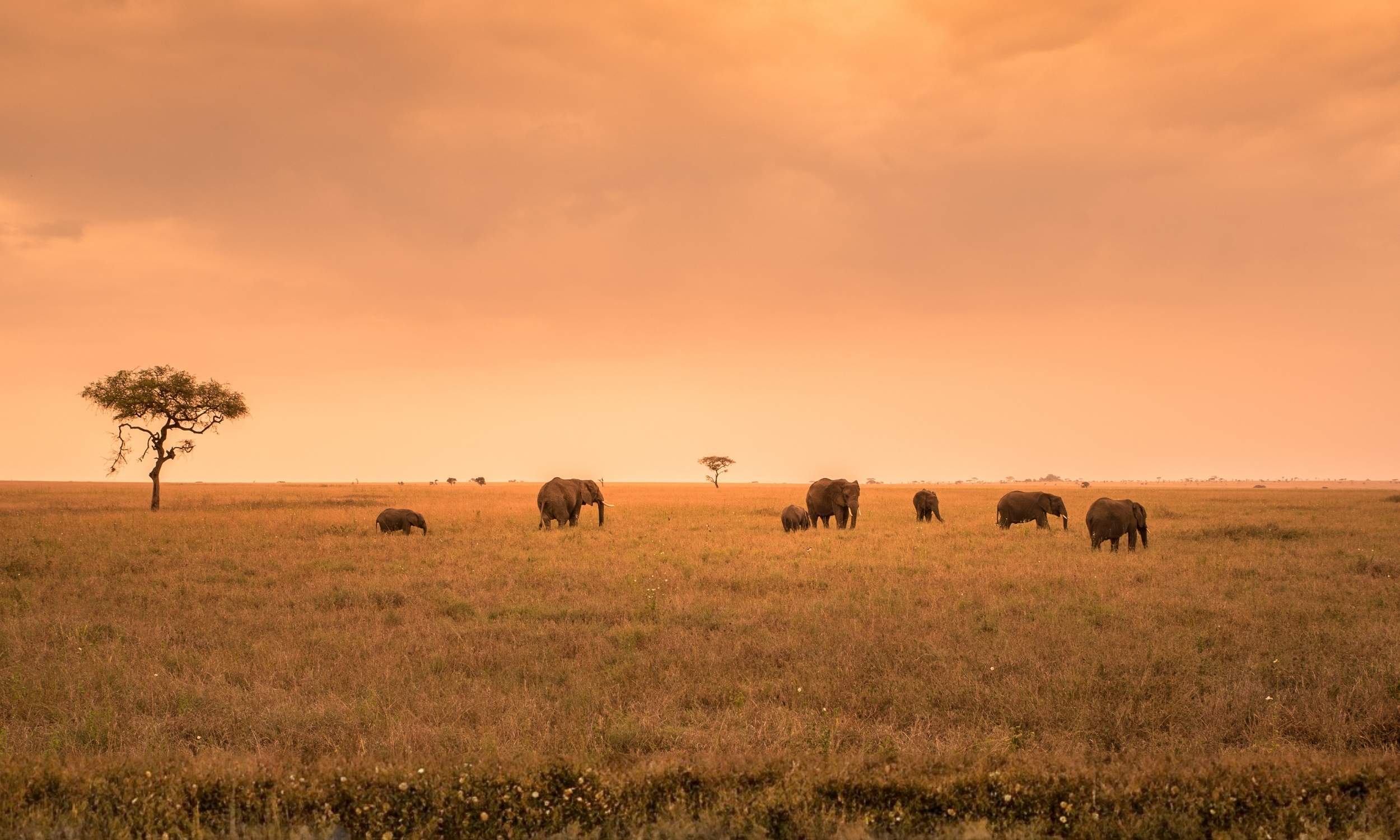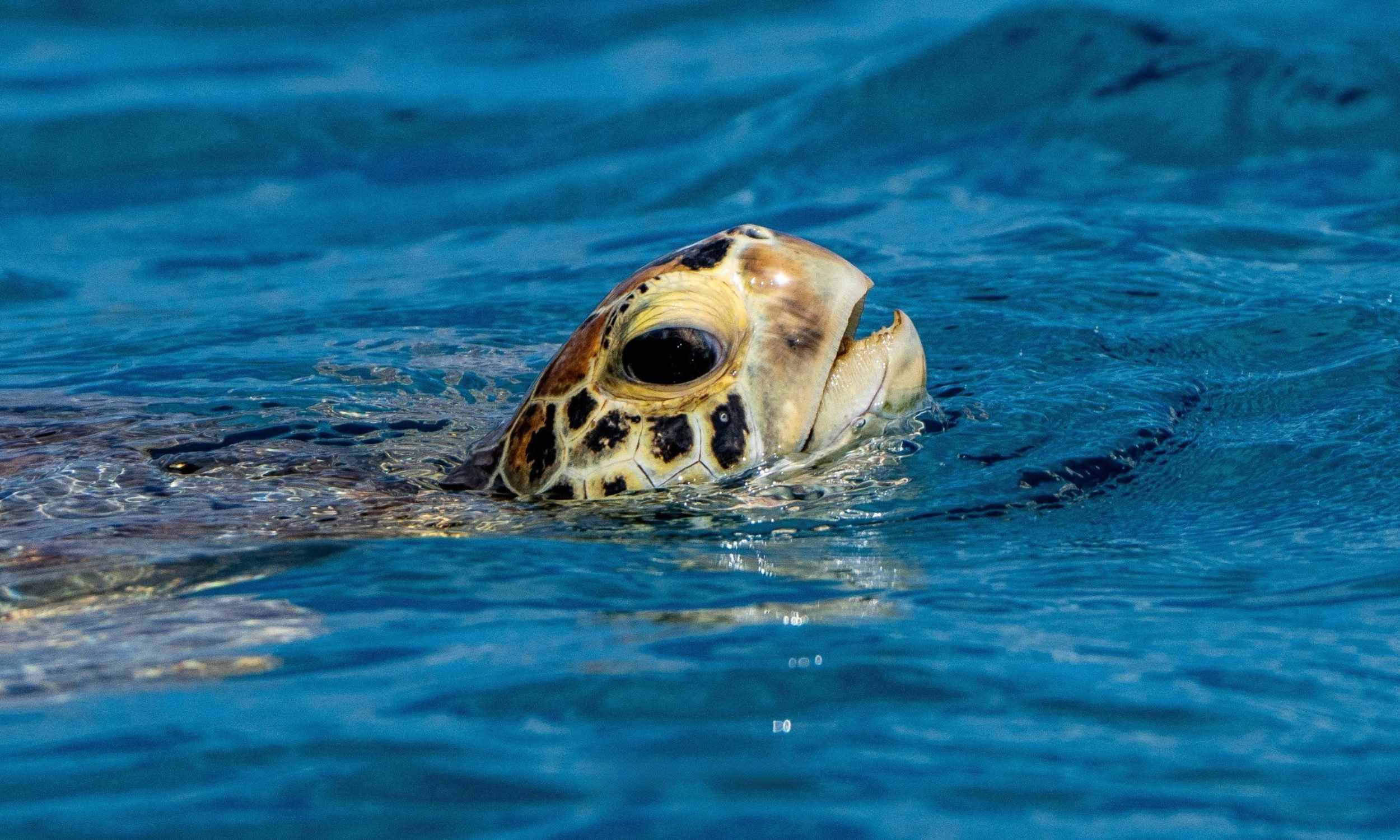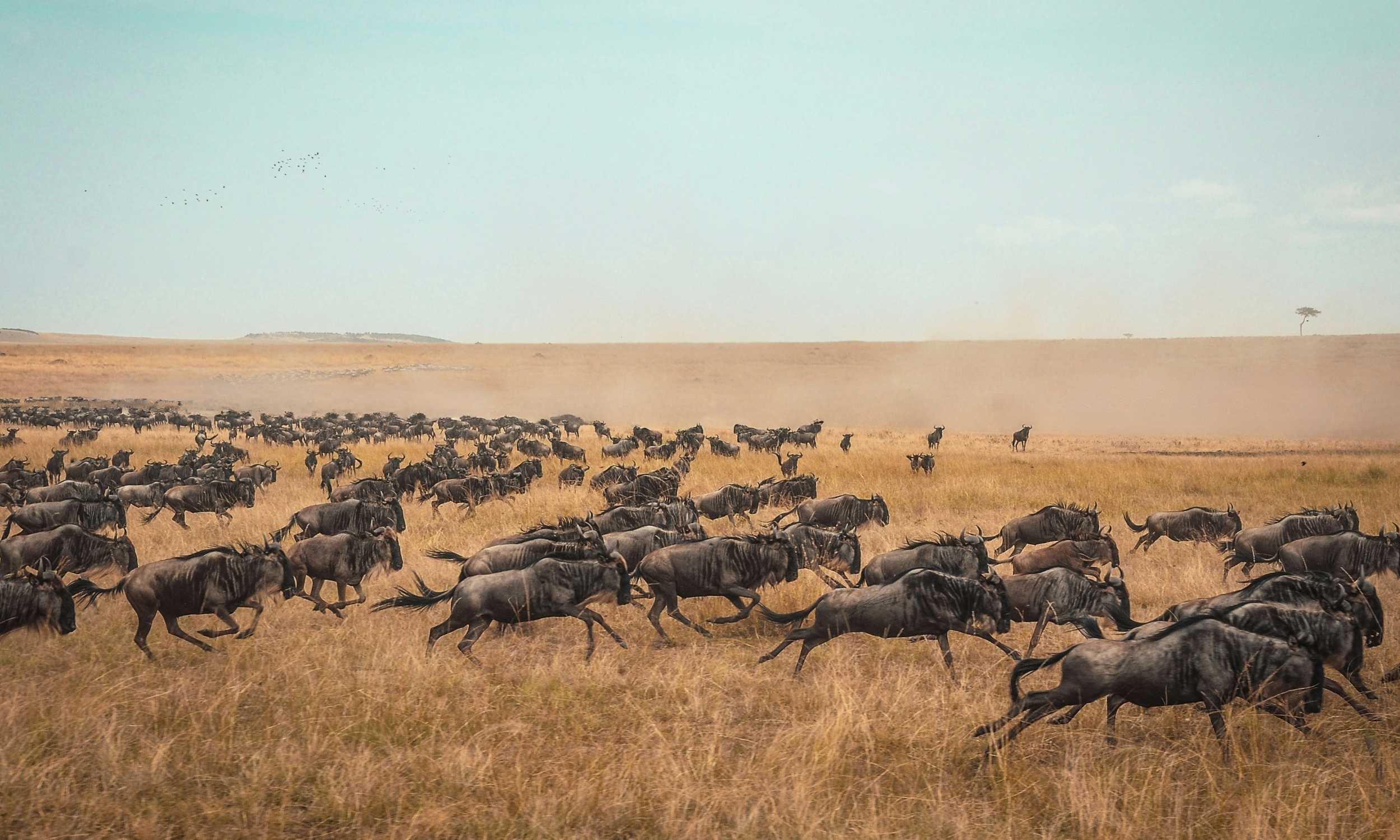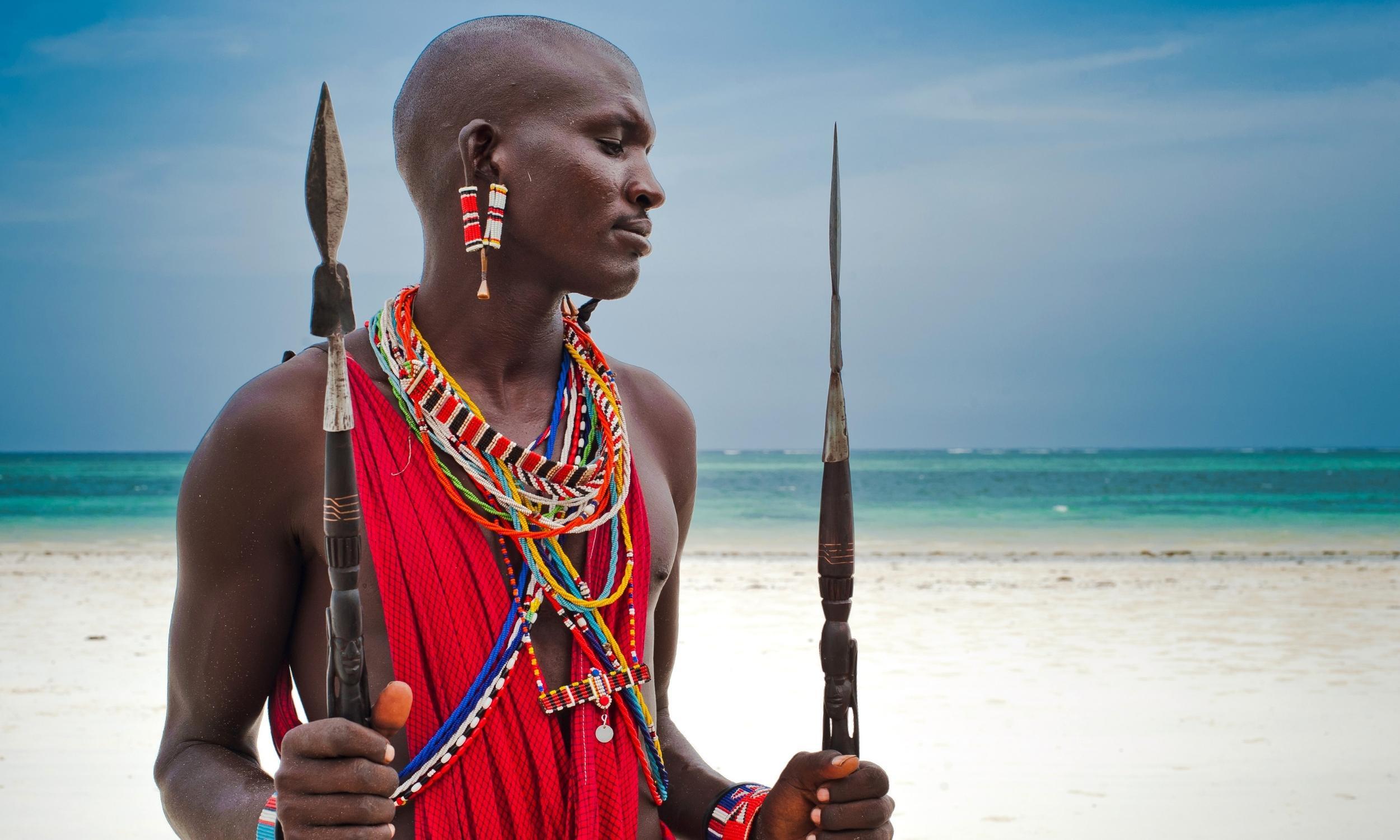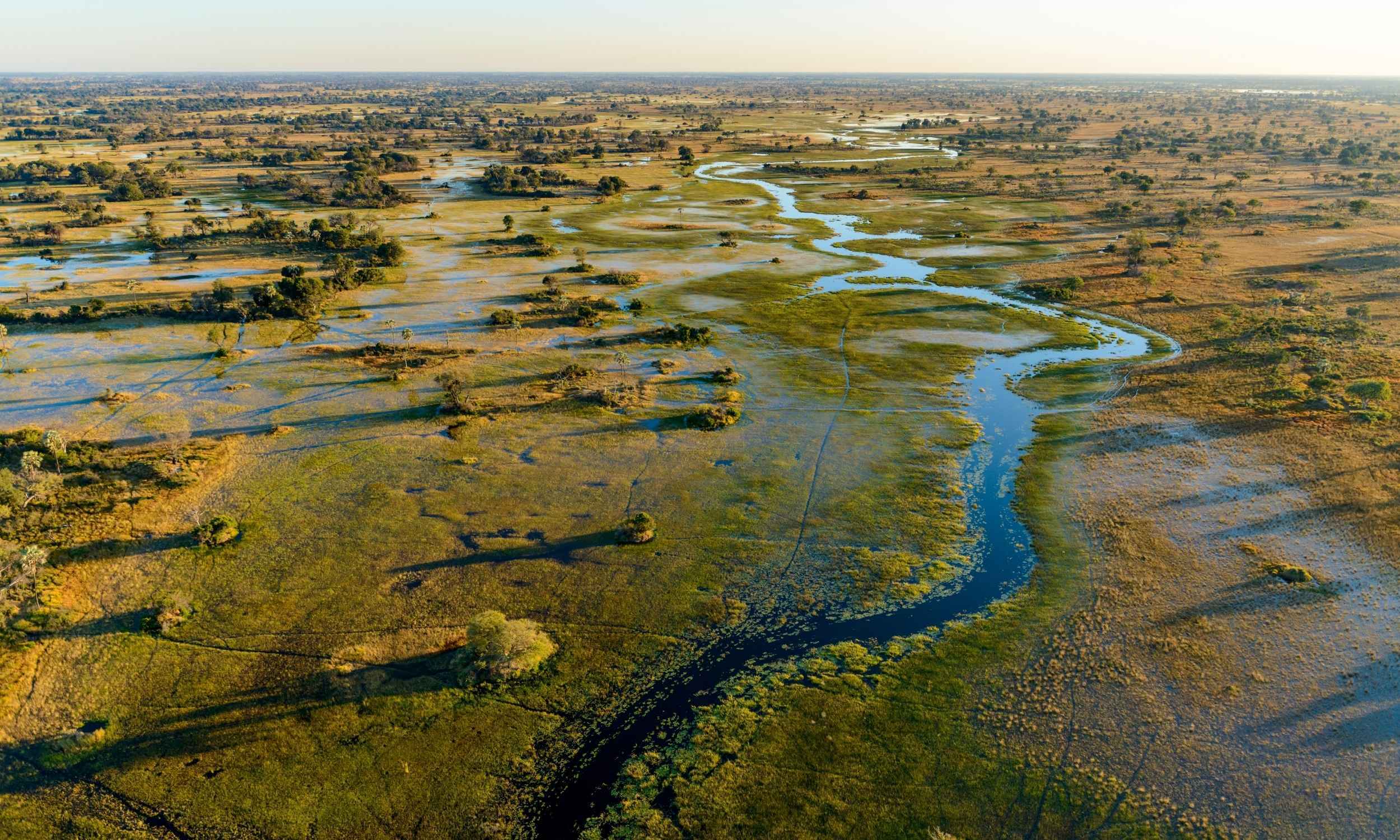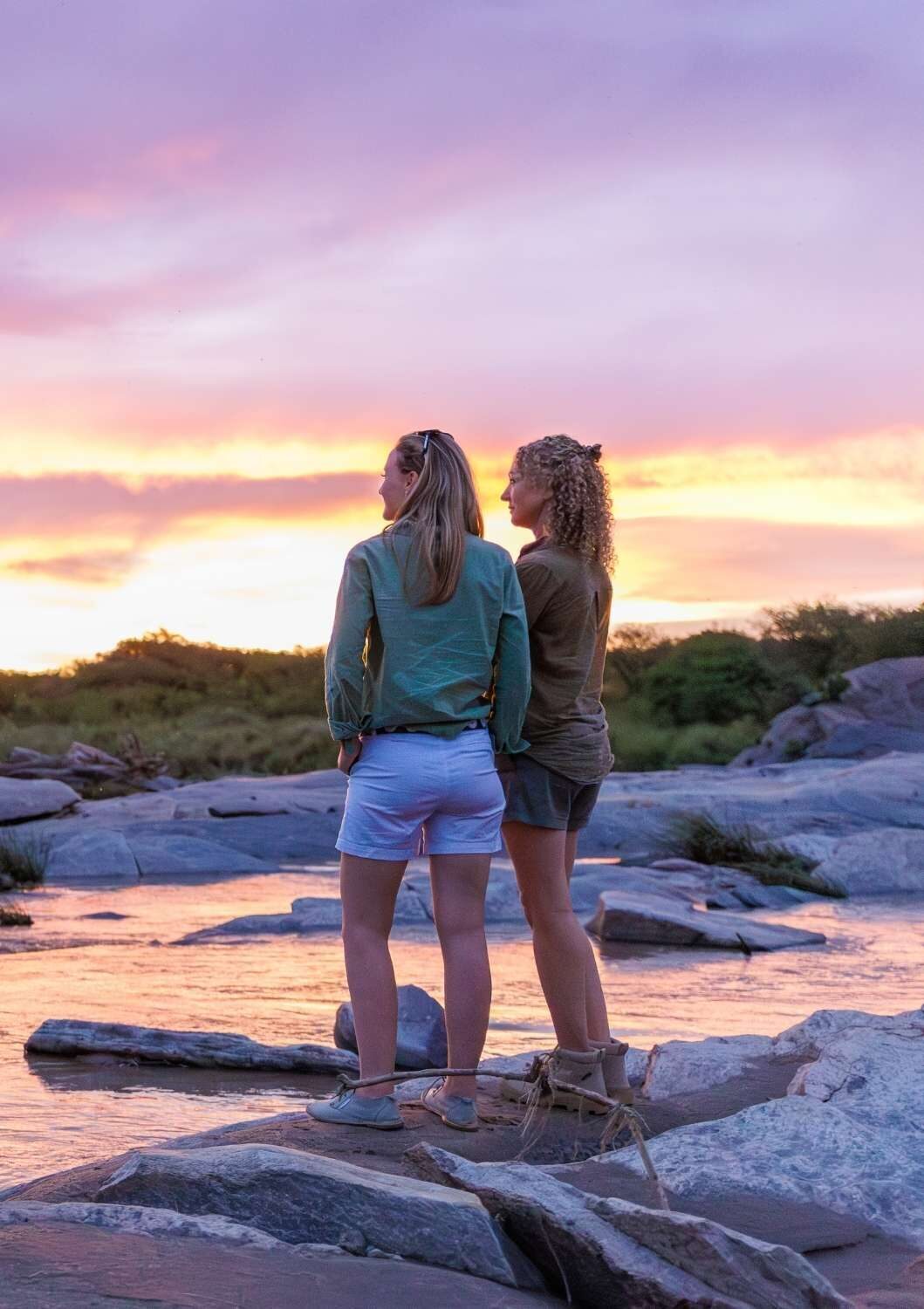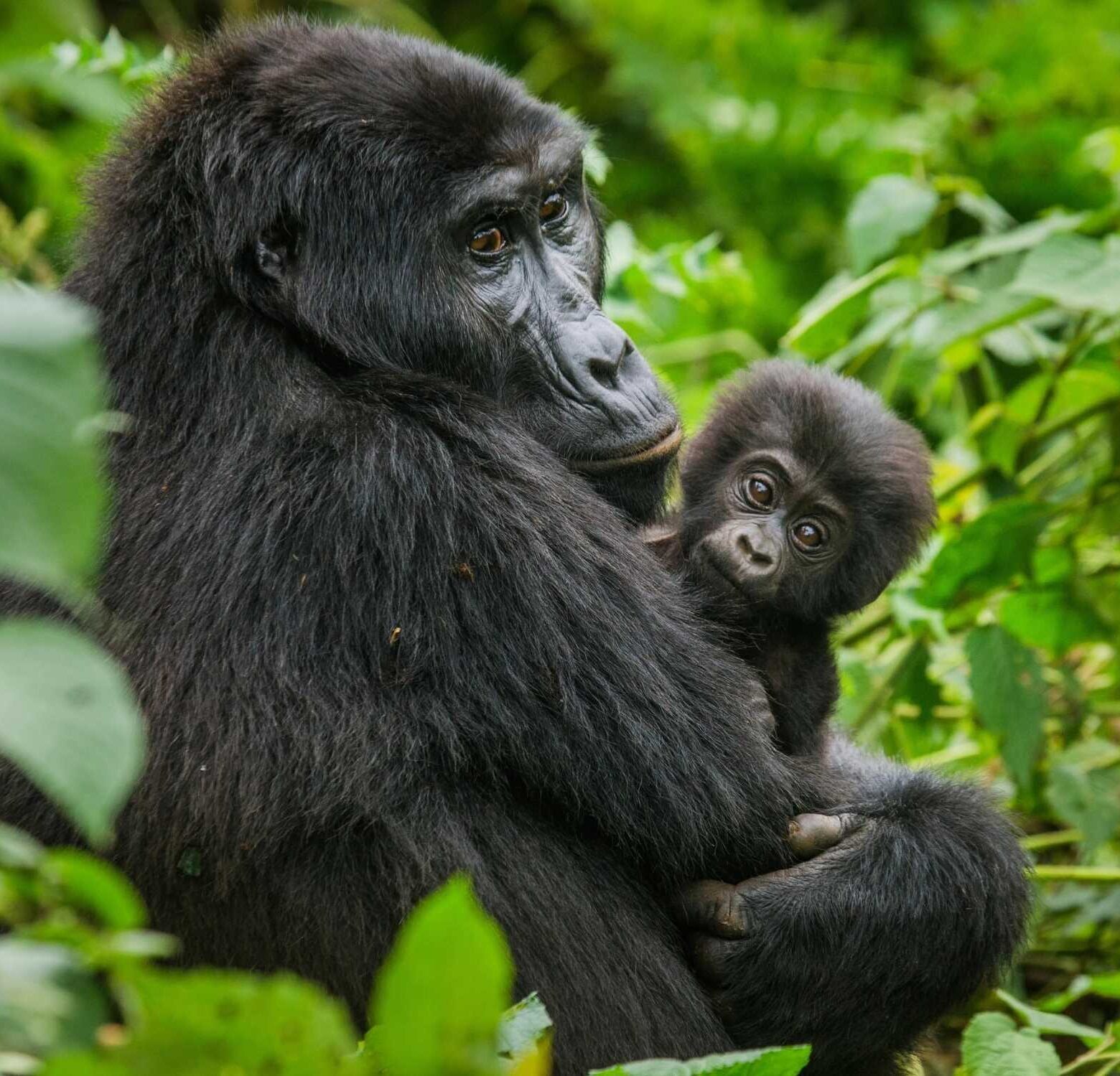
DEFINING CONSERVATION Your Choices Matter
PHILANTHROPIC TRAVEL
Investing Wisely for Tomorrow’s World
conservation | kɒnsəˈveɪʃ(ə)n | noun
Preservation, protection, or restoration of the natural environment
and of wildlife; nature conservation.
When booking your vacation, conservation is invariably a tertiary consideration, if regarded at all.
As a collective, we Westerners are becoming significantly more conscious, with eco-tourism growing by up to 25 percent every year. Even if we aren’t planning to spend your summer tagging walrus in the Bering Strait, we all like to know that our actions are having a beneficial impact upon our destinations of choice – or at the very least, causing no harm.
When traveling to foreign lands and natural environments, especially in the biological abundance of Africa, it becomes evident that conservation has a very real need of consideration in our activities. When waking on the Serengeti to the guttural dawn callings of a lion, giraffe gracefully ambling across the horizon and gazelle playfully gambolling in the long grass, it is easy to believe that these sights will last forever. And yet every one of us will feel some twinge of compulsion to protect these exquisite landscapes and their residents when confronted with tales of poaching, habitat loss or human impingement.

Photo: @oljogi is first & foremost a wildlife conservancy, its tourism implemented as a means to further finance its conservation work.
Eco-tourism is a growing industry, but as with any successful business model, it is also open to exploitation, blurring the line between conservation and entertainment.
Many zoos and animal centers can actually be doing more harm than good, and yet on the surface will convey the impression of philanthropic exploits. Breeding programs, species protection and educational activities can all too easily slip into the hazy miasma that falls between animal exploitation and genuine conservation.
So how do we know the difference, and how can we ensure that our investments are indeed contributing to conservation?
At Rothschild Safaris, we have seen both sides of this quandary. Indeed, in the past we have considered booking certain activities only to find after extensive research that they aren’t as environmentally conscious as we had first believed.
We now go to great lengths to research, investigate and ensure that every venue, activity, experience or accommodation we share with our guests is doing its part to at least cause no harm to the environment and its creatures. Many even go so far as to create exceptional benefit, restoring ecosystems, implementing ranger and tracking programs for endangered species and rehabilitating injured and orphaned animals.
Because of this, you can be assured that your vacation investment will be a powerful one, reaching far beyond your experience and doing its part to preserve these wonderful places and their animals for many years to come.

Suján's portfolio of destinations value ecology & sustainability in all that they do.
However, you may find an opportunity to partake in an experience that we haven’t booked or, on very rare occasions, discover that what we had believed we were arranging for you wasn’t quite as it seemed. Unfortunately, nothing can be guaranteed and sometimes greed can infiltrate even the most ethical of organizations.
Even from websites or brochures, there are a handful of clues that can alert us to ulterior motives and the potential of exploitation or even harm:
1. Are You Allowed to Touch the Animals?
No authentic conservation or rehabilitation center will allow the gratuitous petting of animals. A horde of tourists clamouring to stroke animals can be incredibly stressful and threatening, especially for wild animals. Beyond this, it can also overly domesticate creatures who should still be able to fend for themselves in the wild. If they become too dependent on the food provided by visitors, they will suffer greatly if those visitors stop providing, such as in off-seasons or COVID restrictions.
Exceptions do exist, but they are rare. Sometimes, you might be able to, say, feed an orphaned elephant, but this should be done under supervision and within very specific guidelines. You may also be able to feed completely wild animals, such as at Kenya’s Giraffe Center. The question to ask yourself is whether the interaction is incidental or if it is designed for your enjoyment. If you are able to touch the animal solely for the sake of your experience and not as a direct benefit to the animal, it is likely detrimental to the animal’s wellbeing.

2. Are the Animals Confined?
Confinement can be quite blatant and even upsetting, such as with a monkey tied and made to perform, or a tiger restlessly pacing in a tiny enclosure. But restriction can also be insidious, seeming to be beneficial and yet disruptive, even harmful to the creatures. This is particularly true of water parks such as SeaWorld, but many zoos that might seem to be ethical are, in fact, far from it. One consideration to take is the creature’s natural habitat and habits. For example, giraffe will roam as much as 15 miles (25km) in a single day, grazing almost continually. So unless their enclosure is equally as large and abundant, more harm is being done than good.
There are some circumstances when confinement is, in fact, of benefit. Orphaned animals who could not possibly fend for themselves in the wild often need to be confined for their own safety. Endangered species involved in breeding programs will be captured and penned in order to help increase population, but these animals will almost always be rehabilitated and returned to the wild.
Again, one must ask whether your presence is incidental or intrusive. Ethical breeding programs minimize human interaction – even human presence – as much as possible in order to preserve the animals’ natural fear or wariness of us, essentially keeping their wildness alive.

Photo: Tswalu
3. Are the Animals ‘Performing’?
The notion of wild animals made to perform for our entertainment is simply deplorable. Circuses with performing tigers, dancing bears and so on are horrendously harmful, both physically and mentally, to these majestic wild creatures.
However, ‘performance’ is also an expansively gray area. Returning to Kenya’s Giraffe Center – incidentally founded and managed by the African Fund for Endangered Wildlife – the giraffe will habitually ‘perform’ in a sense. They know when carefully scheduled visitor times occur through the day and will arrive on cue to enjoy handfuls of grass from their guests. Yet they are not forced or trained in the conventional sense to arrive at specific times and are completely free to come and go as they please. Nor are they dependent in any way on this small offering to their diet.
Horse and camel rides could be construed as an aspect of performance, but these creatures have been domesticated over thousands of years and invariably are completely dependent upon their owners. However, elephant rides should not be condoned in any regard. Elephants remain wild creatures, thriving in nomadic herds and social groups and wandering continually. Elephants used for rides may have been illegally poached or stolen from their parents at a young age, and when not performing will be tightly chained, causing significant injury and distress to these highly intelligent creatures.

Photo: @r.e.s.c.u.e / Reteti Elephant Sanctuary
In South Africa, shark cage diving is a thrilling opportunity. However, it can often be highly unethical and even dangerous far beyond your own experience. Only a handful of operators are licensed and an even smaller percentage abide by strict ethical, conservational guidelines. As a rule, I don’t condone shark cage diving. It tends to be invasive and disruptive and can lead to increased shark attacks, as they come to associate humans with food. However, I do also appreciate that for some brave guests it can be the fulfillment of a lifelong dream, and that some operators are creating benefit through their business.
Ethical companies won’t chum or burley the waters, tossing a sickly soup of fish and offal into the water to attract sharks. This creates negative habits that can become harmful to both sharks and humans. Certain operators have been established based on a foundation of conservation for endangered sharks, particularly around the Cape Town region. By providing an opportunity for researchers to study the sharks’ movements and habits, they actively contribute to shark conservation, particularly for the threatened great white. Not only do these operators allow such research, they also assist in preventing shark culling and finning. So while your participation might not be beneficial specifically, the effects of your investment can be.

Ethical cage diving with @sharkmarineinstitute
4. Is There a Greater Good?
While some businesses might be focussed on profit, other very similar companies are only concerned with conservation. A private reserve, for example, has the potential of being little more than a glorified petting zoo, caging the animals and preventing their movements, albeit within hundreds of acres. Thankfully, many private reserves have been established as philanthropic ventures.
Tswalu Private Game Reserve has helped to restore a region of the Green Kalahari, re-establishing the ecosystem and reintroducing native species. Without the income of its spectacular lodges and restaurant, these efforts would not have been possible or maintained.
Likewise, Sarara Camp in the Matthews Ranges of northern Kenya not only supports the regional Samburu people and regenerates the landscapes, it also reinvests in Reteti Elephant Sanctuary, helping to nurse and rehabilitate orphaned elephants.
In both of these cases, having a private reservation at your disposal – and a collection of adorable baby elephants on your doorstep – might seem exploitative of contained animals, despite being at such a grand scale. However, invariably these private reserves are only ‘fenced’ geographically, with designated borders yet no physical barrier. By creating and nurturing a desirable, healthy ecosystem, they attract and sustain a healthy, abundant array of wildlife, all the while raising funds to assist in numerous conservation efforts.
Sadly, the notions of conservation and eco-tourism are occasionally exploited, but more frequently, discerning travelers are making the right decisions and using their money to guide the way to a greener, more sustainable future. Local communities are rapidly converting to the concept, realizing that the detrimental practices they used to earn from are no longer acceptable, and ethical alternatives are not only equally, if not more lucrative, they are also sustainable and exponential.

Photo: @r.e.s.c.u.e / Reteti Elephant Sanctuary
It is up to us all, as individuals, clients, travelers and travel designers, to play our part in the conservation of the world’s fragile ecosystems. To date, we have reinvested in numerous organizations, directly funding many worthy causes. But our primary focus will remain in your actions. We will never cease to investigate and explore the opportunities available to you, ensuring that, wherever your journey may take you, you can rest assured that your funds are actively working to conserve the remarkable environments we are so fortunate to experience.
For more on our philanthropic and conservation efforts, visit the Conservation Page of our website.
























































